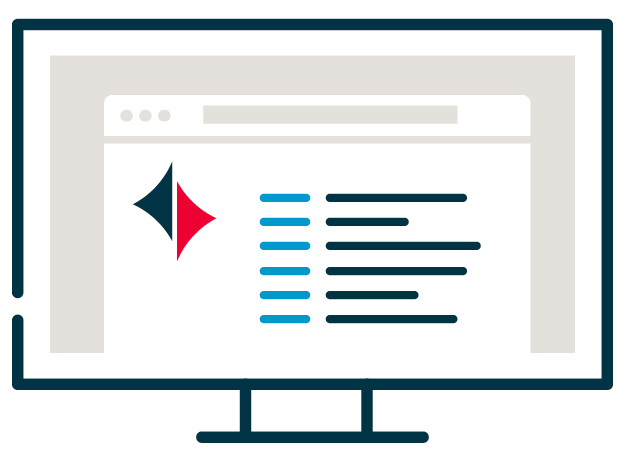Changes to Student Loan Payments
The student loan landscape has changed dramatically since the beginning of the COVID-19 pandemic. From the suspension of interest payments on federal student loans to tax incentives for employers who pay their employees’ student loans, there are a number of new programs available to help make student loan repayment cheaper and simpler. Below, learn more about some changes to student loans and the repayment process in 2021.
No Interest on Federal Student Loans — and No Payment Due
Since March 2020, the federal government has paused repayment of federal student loans and dropped the interest rate on these loans to zero percent. These benefits are extended through at least September 30, 2021.
Someone who wants to reduce their principal balance can make voluntary payments to principal only, reducing the total amount that will be subject to interest once rates reset to normal. For those who have suffered a loss of income or unexpected expenses that make payments difficult, the payment moratorium can free up some wiggle room in your budget. And for those who are on track toward Public Service Loan Forgiveness (PSLF) and who continue to meet the program’s requirements, each month of suspended payments “counts” toward the PSLF total just as though the payments had been made.
Forbearance Options are Available
Because the pandemic left so many people out of work, many private lenders sprung into action providing forbearance or deferral options for student loan repayment. These can allow you to pause your payments until a specified date in the future, helping you save up cash, pay off other debt, or find a new job in the meantime.
Each private lender is different, and not all options are available through all lenders. If you’re having trouble with your payment, it’s worth talking to your lender to see what forbearance choices you have.
Default Won’t Lead to Garnishment — Yet
During pre-pandemic times, defaulting on your federal student loan could subject you to garnishment proceedings or even lead the government to intercept your federal tax refund. But along with pausing all federal student loan repayment until September 30, 2021, the Department of Education has also stopped collection proceedings for defaulted federal student loans. This means that those with defaulted loans can’t have their wages garnished or have funds withheld from their tax refunds and Social Security benefits, even if this default predated the COVID-19 pandemic.
Another bonus for strained budgets is this — if you made any payments on defaulted Direct Loans or FFEL Program loans after March 13, 2020, you can ask for these payments to be refunded.
Regardless of whether you’ve been financially impacted by the pandemic, you may be able to take advantage of these opportunities to pause your payments, pay down your principal, or even receive a refund for payments you’ve already made.
Important Disclosures:
All information is believed to be from reliable sources; however LPL Financial makes no representation as to its completeness or accuracy.
This information is not intended to be a substitute for specific individualized tax advice. We suggest that you discuss your specific tax issues with a qualified tax advisor.
LPL Tracking 01-05151712



